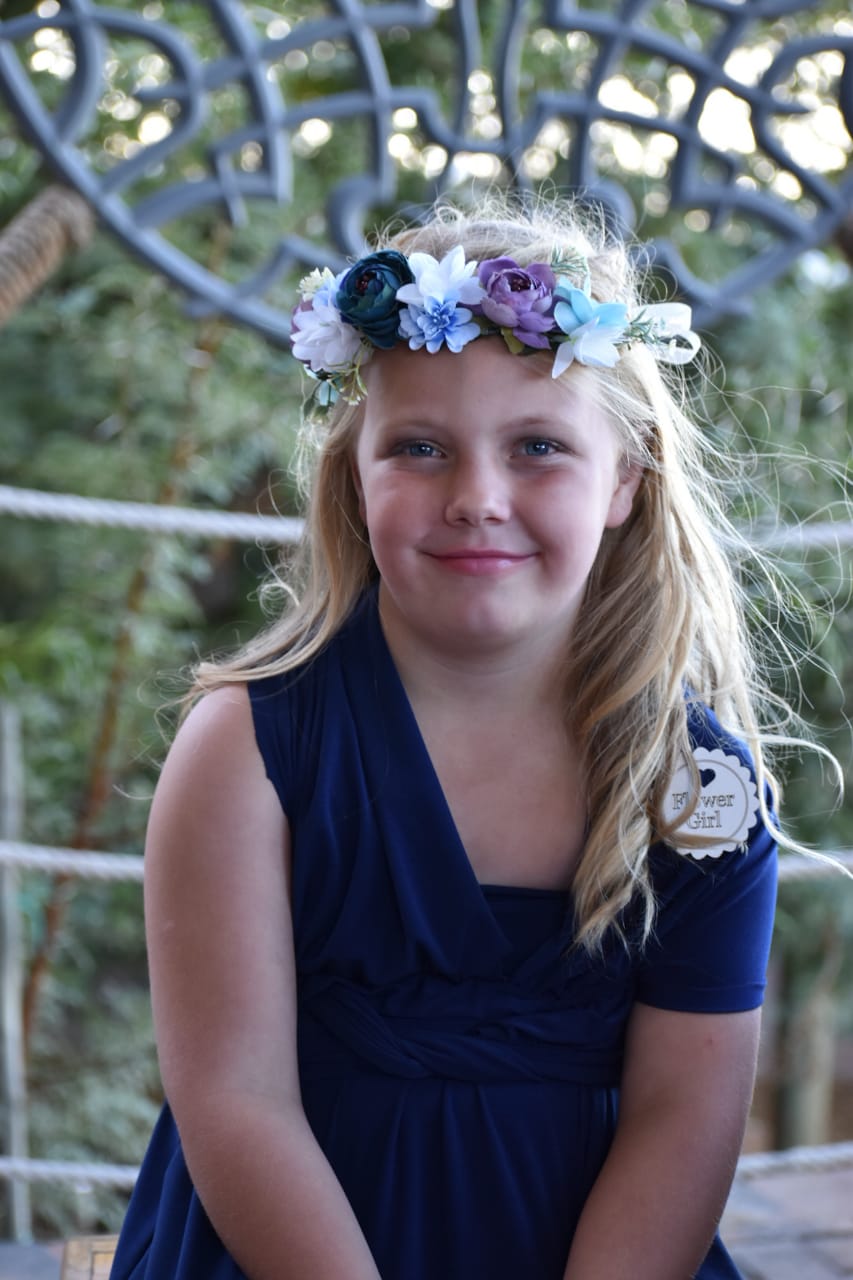
News
National Epilepsy Week: Tygerberg Hospital provides high-quality care
National Epilepsy Week: Tygerberg Hospital provides high-quality care for children affected by epilepsy
While epilepsy is a very common neurological condition, most children with the condition can live “normal” lives and take part in the sport activities as their friends so long as they take their medication every day. At Tygerberg Hospital, patients like Luhane Bester (7) from Kraaifontein is one of several children who benefit from high-quality treatment provided to them. The hospital’s two paediatric neurology clinics see between 15 and 20 patients annually.
According to Epilepsy South Africa, approximately 8% of the country’s population may experience a seizure at some point in their lives. Half of these cases will occur during childhood. National Epilepsy Week (19 to 23 June) strives to increase understanding and acceptance towards this condition which affects every one in 100 persons in the country. This is particularly essential for those affected children to ensure that they are supported in their treatment journeys.
Patients with epilepsy might not only suffer from seizures and should be assessed as a whole, and co-morbidities should be looked for and managed. Therefore, the specialist multi-disciplinary team at Tygerberg Hospital works together to make sure these patients get the best care.
Dr Monique van Niekerk, a paediatric neurologist at Tygerberg Hospital says, “A patient may arrive at the emergency unit with seizures that are not self-limiting and the doctors and nursing staff will apply emergency protocols to abort the seizures safely and stabilise the patient. They will then start looking for a cause of the seizures (especially if the patient is not a known epileptic). If the seizures do not respond to treatment the patient may need ICU admission”. Specialists like pediatricians, pediatric intensivists and pediatric neurologists will be involved in the care. “During their stay at Tygerberg Hospital, allied health professionals may be asked to assist in the management of the case depending on the cause or co-morbidities identified. These health professionals include social workers, speech therapists, occupational therapists, physiotherapists, and psychologists.”
Jennifer Kruger, Luhane’s mom brought her to Tygerberg Hospital in April 2022 after she was transferred for further specialist medical care. Luhane suffered severe seizures of up to 30 episodes a day. “I can confidently say that because of the intervention of the Tygerberg Hospital, Luhane has had no seizures since August 2022. They went out of their way to help us get the best outcome for her. Because of the staff, Luhane can continue to be a little girl that dances to her favourite songs and plays with her friends.”
There are many causes of epilepsies which include structural, genetic, infectious, metabolic, and immune causes. In some cases, the cause is rarely found. Depending on the type of epilepsy that is suspected, the treating physician will then decide on whether further investigation is needed which may include blood tests, electroencephalogram (EEG), brain imaging or genetic testing. These tests are all offered at Tygerberg Hospital as part of its specialist care.
Seizures and epilepsy are not the same. An epileptic seizure is a transient occurrence of signs and/or symptoms due to abnormal excessive or synchronous neuronal activity in the brain. Epilepsy is a disease characterized by an enduring predisposition to generate epileptic seizures and by the neurobiological, cognitive, psychological, and social consequences of this condition according to the International League Against Epilepsy (ILAE) 2014.
Treatment will be decided on an individualised basis for every patient and optimised to ensure the best possible seizure control for the patient.
Patients with well controlled seizures will then be able to have follow-up appointments at primary health care facilities or secondary level facilities like a district hospital, while those with more complex disease will follow up at the paediatric neurology outpatients at Tygerberg Hospital.
Dr Van Niekerk emphasised that it is in the best interest of every child with epilepsy that people in their circle of care be well informed of the child’s medical condition and how to respond when the patient has a seizure. It is advised that all activities where heights and water are included be done under supervision.


